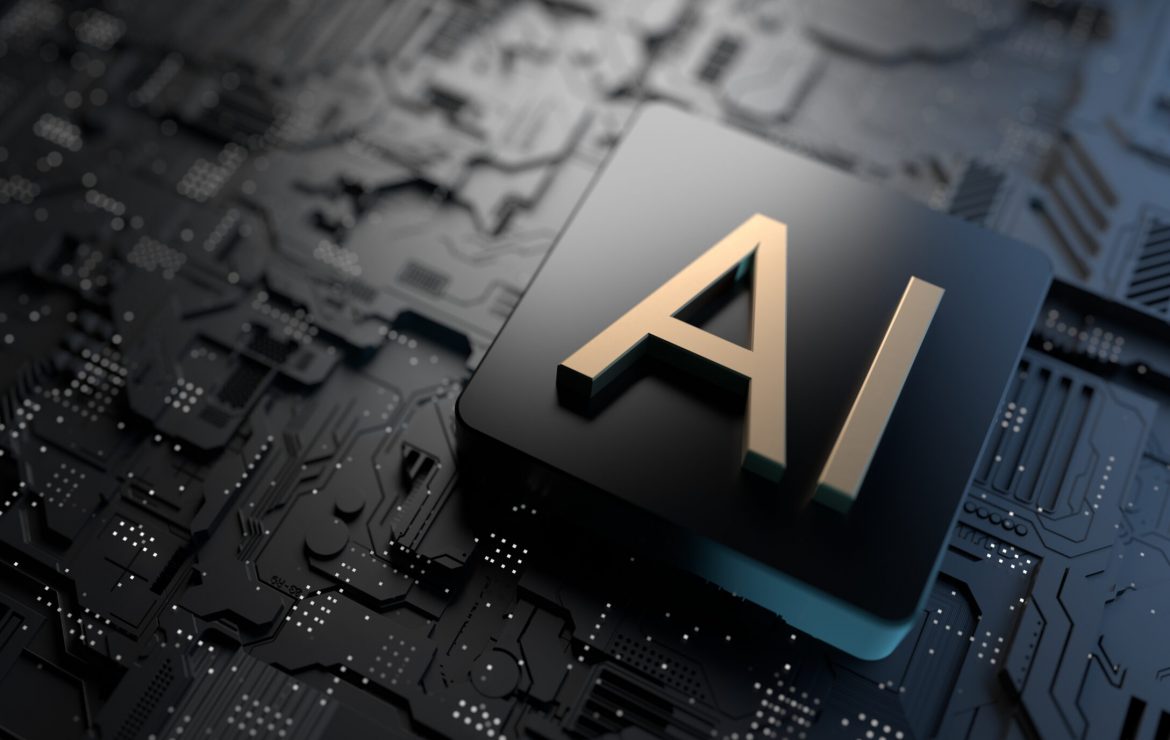A few days after Elon Musk and a thousand other tech gurus signed an open letter calling for a six-month halt on the development of AI systems, UNESCO weighed in, urging governments worldwide to adopt its ethical framework for AI systems.
UNESCO Director-General Audrey Azoulay stated, “The world needs stricter ethical rules for artificial intelligence; this is the challenge of our time. UNESCO’s recommendation on the ethics of AI sets the appropriate normative framework”.
The Ethical Use of AI
In November 2021, UNESCO’s member states all endorsed this global framework for the ethical use of AI, which represents “a road map for countries, describing how to maximize the benefits of artificial intelligence while minimizing the risks posed by this technology,” according to UNESCO.
This framework is the result of 3 years of work and it details the needed actions for the creation of a legislative tool to regulate and monitor AI or “ensure the complete security of personal and sensitive data” or even educate the public on its subject matter.
“It is time to walk the talk and implement strategies and regulations at the national level, as it has become clear that self-regulation is not sufficient to avoid unethical behaviour,” Azoulay stressed.
UNESCO called on all countries to join the movement it is leading to develop an “ethical” artificial intelligence, noting that “a progress report will be presented at the UNESCO Global Forum on Ethics of Artificial Intelligence, which will be held in Slovenia in December 2023.”
Stopping artificial intelligence research
Hundreds of global experts, including Elon Musk, CEO of Twitter, founder of SpaceX and Tesla, and Steve Wozniak, co-founder of Apple, have signed a letter calling for a 6-months halt on the development of artificial intelligence research, until a system of regulations can be developed to protect against them, such as the establishment of new regulatory bodies in this field, systems to monitor artificial intelligence, techniques that help distinguish actual work from those produced by generative AI programs and the establishment of institutions capable of dealing with “the economic and political problems caused by these programmes”.
“Should we allow machines to flood our media channels with propaganda and lies? Should we risk losing control of our civilization? These decisions should not be delegated to unelected tech leaders,” the letter signatories stated.












